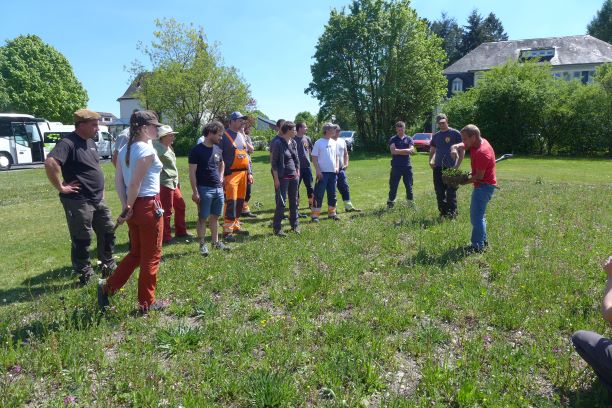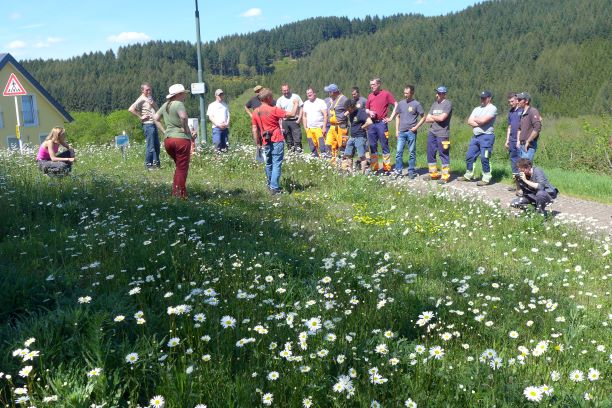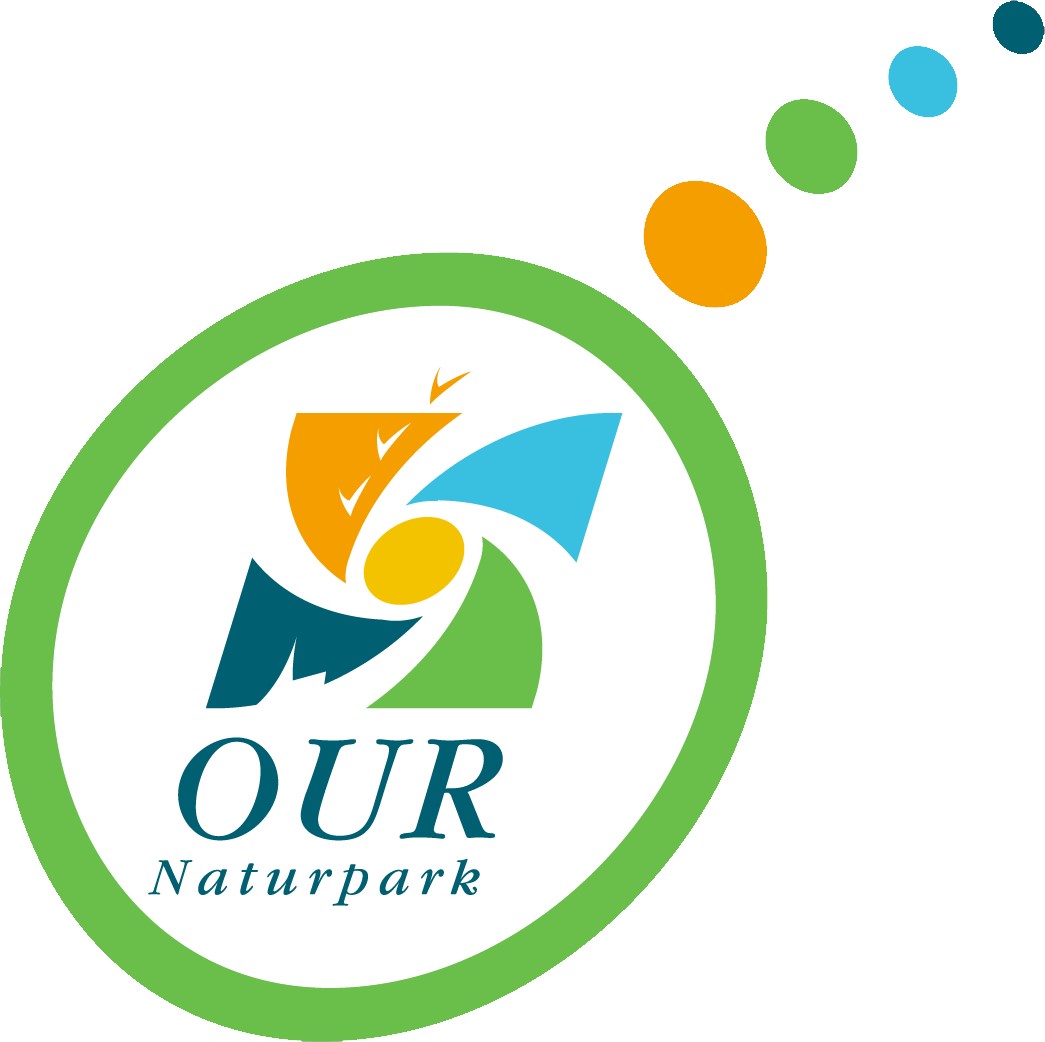Case Study
Without pesticides campaign
Contact name
Eva Rabold
Institution name
Nature Park Our
Region & country
Luxembourg
Summary
The “Without pesticides” campaign has been advocating a total ban on all pesticides nationwide in Luxembourg since 2009. The starting-point was the voluntary decision not to use pesticides in upkeep work on public green spaces. Since the ban on applying pesticides in public areas, the campaign increasingly expanded its target audience and scope of activities. The campaign also provides the municipalities with advice on maintenance and assistance with obtaining suitable pesticide-free planting material and regional seeds, in addition to theory on how to design near-natural green spaces. Sensitization measures (such as signage of the areas) are also an important part of the project.

Workshop for municipality employees
Nature Park Our

Workshop for municipalities employees
Nature Park Our
Background of the project
Before the campaign was launched, the use of herbicides and other pesticides was common practice in the municipalities for maintaining their green spaces and public areas, some of which require intensive maintenance.
The municipalities were looking for solutions to find pesticide-free working methods. Because although the will was often there, alternative working methods and materials were not known, or only labour-intensive alternatives were known. Acceptance was also low. There was a general perception that public squares and green spaces had to be “clean”, which corresponded above all to a sterile public space in which there was little room for biodiversity.
Solution and actions taken
Further training and awareness-raising were and still are today an important pillar of the campaign. Further training to get to know the (new) techniques, awareness-raising to foster acceptance – including among the population. Another important point is the provision of material and/or sources of supply.
A project was initiated to produce these seeds, since up to now there was no producer of regional seeds.
• Training courses (machine demonstrations, e.g. to remove vegetation from paving cracks with steam)
• Workshops on laying out and maintaining near-natural green spaces for municipal employees
• Taking part in developing seed production for autochthonous seeds
• Help with, and organizing the supply of, pesticide-free ornamental plants for tubs and flower boxes or ornamental beds
• Sensitizing the public (press articles, exhibitions and marking the project areas with specially-designed signs)
Other institutions or parties involved
All the biological stations and thus also the Nature Parks (Mëllerdall, Upper Sûre and Our) in Luxembourg are involved. In addition to the Environmental Consultancy Luxembourg (as the campaign’s secretariat), Musée National de l’Histoire Naturelle, Attert Rivers Contract, natur&ëmwelt, SuperDrecksKëscht, Syndicat des Eaux du Sud Koerich, “Som für d’Erhalen und d’Entwécklung von der Diversitéit”, the Luxembourg Beekeeping Association and Ligue Luxembourgeoise du Coin de Terre et du Foyer.
Results
The Nature Park municipalities are increasingly resorting to the Nature Parks’ expertise to design their green spaces in a way that is close to nature.
New parks and gardens are planned and laid out near-naturally right from the start.
Challenges
Initially, the biggest challenge was to convince the municipalities (both councillors and staff) that it is feasible to maintain public areas without pesticides. However, this problem receded into the background with the ban on the use of pesticides in public spaces. The central problem was how to create alternatives by providing pesticide-free planting material and regional seeds, but this problem is likely to be resolved in the next few years.
Lessons learned
The acceptance by the population of more “wilderness” in public spaces has increased.
Other resources
Contact name
Eva Rabold
Institution name
Nature Park Our
Website(s)
